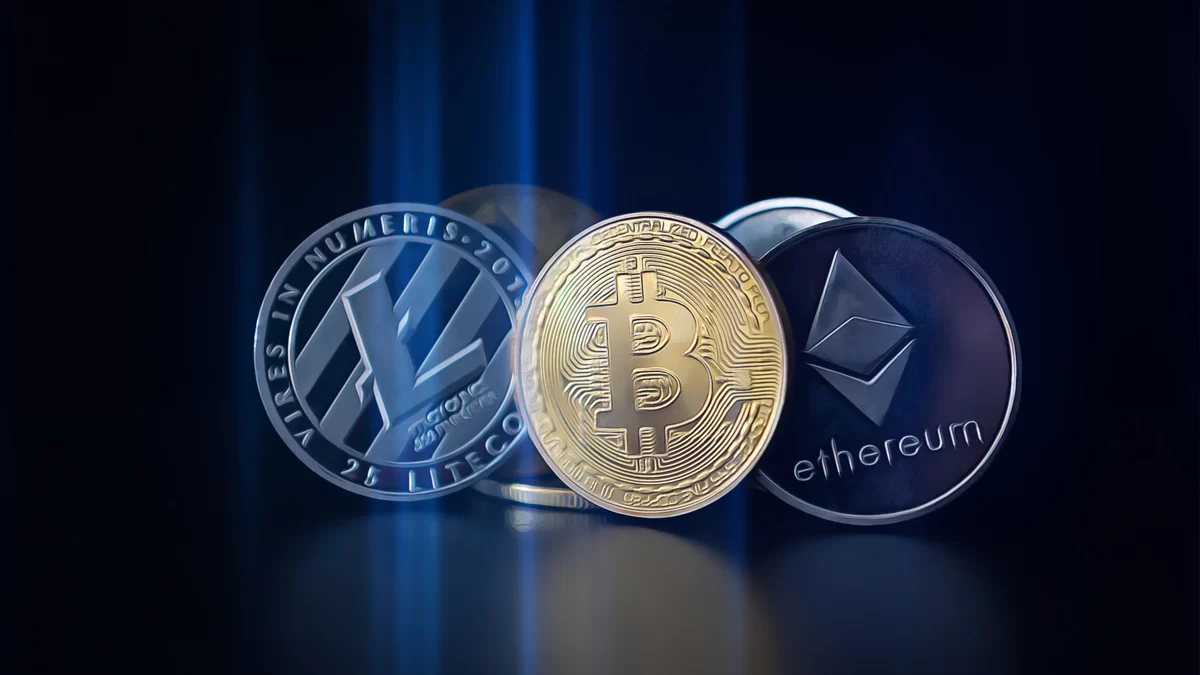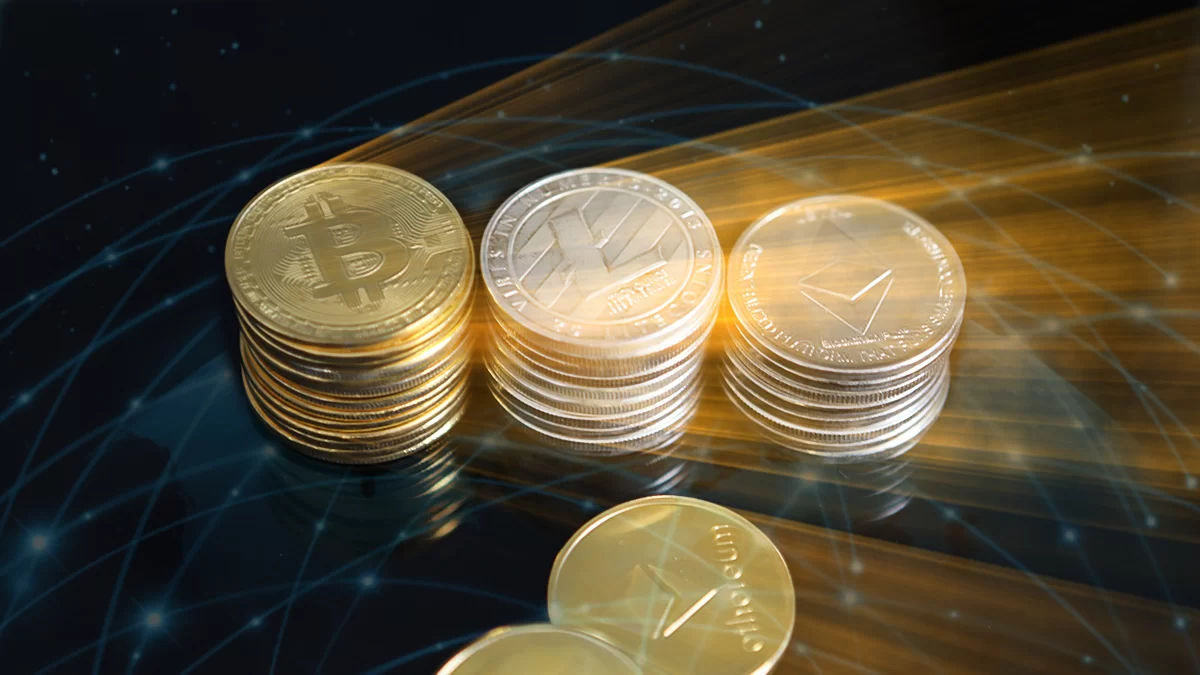Major cryptocurrency exchange Coinbase continues to expand outside of the United States. The crypto exchange recently announced that its Singapore branch has obtained a Major Payment Institution (MPI) license from the Monetary Authority of Singapore.
Coinbase Will Develop Special Products for Singapore
The US-based cryptocurrency exchange Coinbase announced that its Singapore branch has obtained a Major Payment Institution license from the Monetary Authority of Singapore. The announcement stated that Coinbase will develop and launch special products for Singapore and initiate training and recruitment programs at the Singapore Technology Center.

In Singapore, major payment institutions including cryptocurrency exchanges are licensed and regulated to provide payment services without being subject to the threshold values determined under the Payment Services Act. With the obtained license, Coinbase has become a licensed and regulated cryptocurrency exchange in the country.
Legal Battle Between Coinbase and SEC Continues
Meanwhile, the legal battle between Coinbase and the US Securities and Exchange Commission (SEC) in their own country continues. As it is known, the SEC filed a lawsuit against the cryptocurrency exchange in June, alleging violations of securities laws.
The SEC claims that Coinbase allowed numerous unregistered cryptocurrencies to be traded. Gary Gensler, the Chairman of the federal regulatory agency, stated in his remarks about the lawsuit filed at that time that Coinbase engaged in illegal activities despite being subject to securities laws. Regulatory and compliance issues at its headquarters prompted Coinbase to expand to countries outside the United States, including Singapore.
Furthermore, just before filing a lawsuit against Coinbase, the federal regulatory agency also targeted the world’s largest cryptocurrency exchange Binance. The federal regulatory agency filed a lawsuit against Binance and its founder and CEO Changpeng Zhao (CZ) for alleged violations of federal securities laws. The SEC argues that in addition to other legal violations, Binance made false statements about its trading controls and violated investor protection rules by selling unregistered securities.









